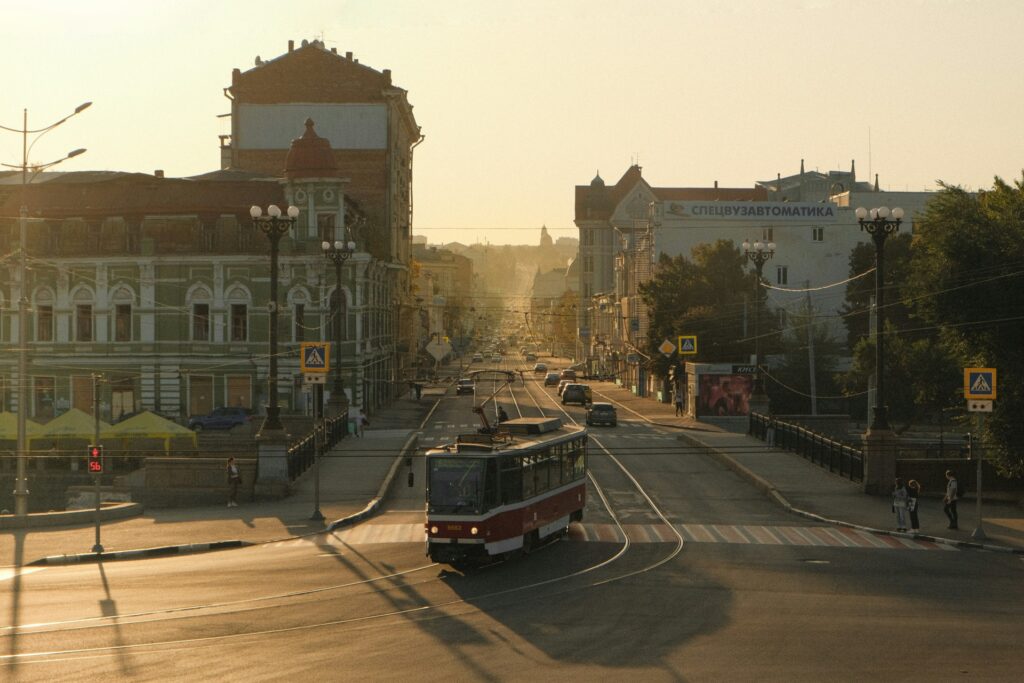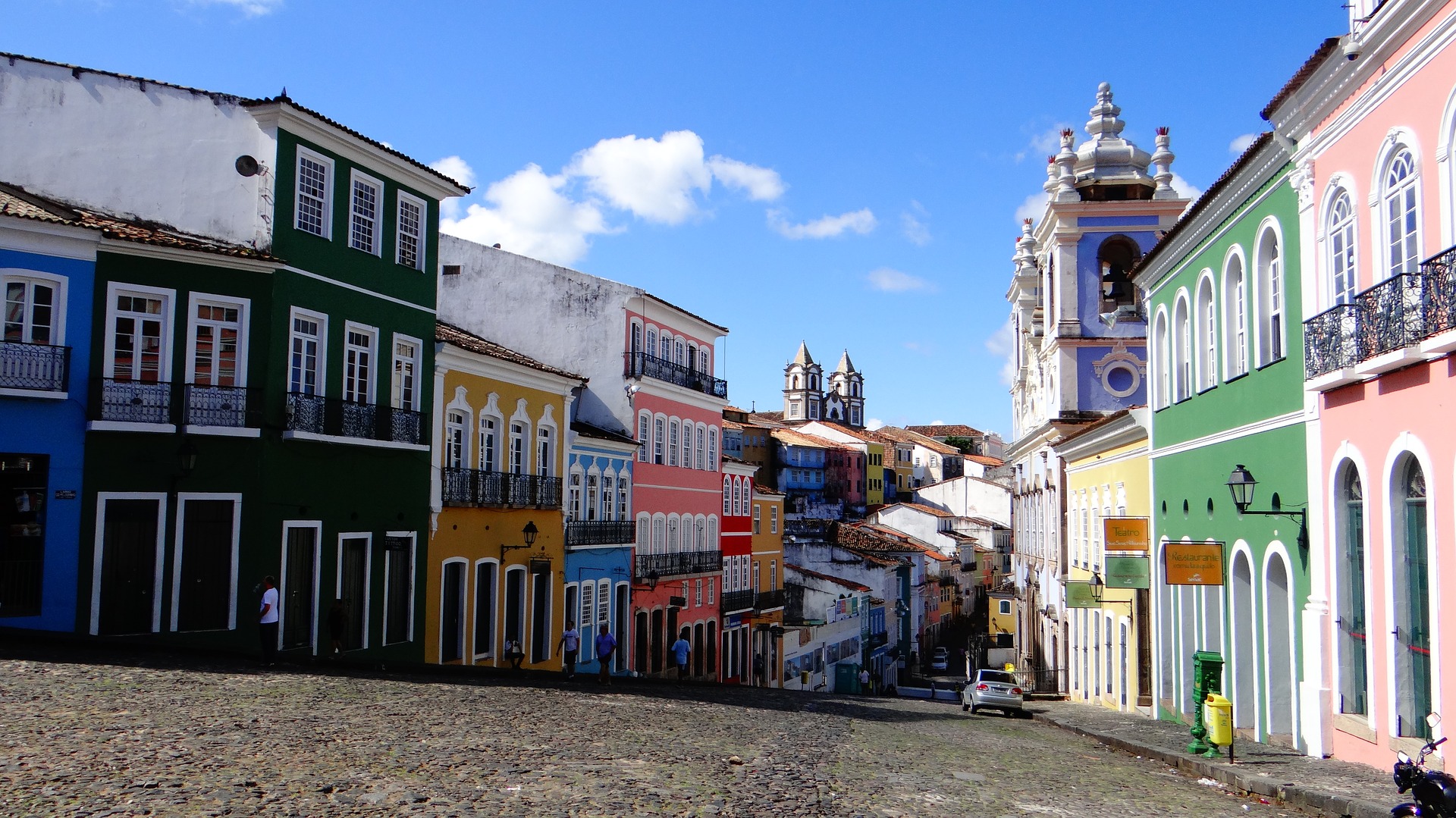Supporting Municipalities in Eastern Europe and Central Asia to Turn Climate Ideas into Action

The Global Covenant of Mayors for Climate & Energy (GCoM)–City Climate Finance Gap Fund Partnership team, together with the United Nations Development Programme (UNDP)’s Mayors for Economic Growth initiative, is continuing its work with municipalities in Moldova, Armenia and Ukraine to help them develop strong climate-focused project ideas. After an initial awareness raising webinar, the Partnership team held three follow-up calls with city officials to review their proposals, clarify eligibility and guide them through the early steps of preparing Expressions of Interest for the City Climate Finance Gap Fund.
Cities presented ideas across several climate and resilience sectors, including energy efficiency in public buildings and street lighting, renewable energy systems, such as solar installations for schools and water services, and green and blue infrastructure aimed at reducing flood risks. Municipalities also shared concepts for sustainable tourism centres, nature-based solutions, wastewater improvements, riverbank rehabilitation and upgrades to essential public service infrastructure.
During the discussions, cities asked for support in preparing technical documentation, feasibility studies, energy and lighting audits, and assessments of solar potential. They also requested guidance on defining realistic project scopes, linking their proposals to national and local climate plans, estimating costs and identifying potential partners for later stages of implementation. Many municipalities highlighted the need to strengthen data inputs so that challenges and expected impacts can be described more clearly.
Across the three countries, project ideas are now being refined with targeted input from the GCoM–Gap Fund Partnership team. Examples include the development of smart public lighting systems and solar-powered water pumping stations in cities in Moldova, municipal building retrofits, green space development and solar lighting, ecological and cultural tourism hubs, solar solutions for schools and sports facilities in Ukraine, and urban adaptation measures, such as retention systems and rainwater management.
The GCoM–Gap Fund Partnership team in Eastern Europe and Central Asia will continue working closely with the Regional Covenant teams and UNDP country offices to accompany every municipality through the full process. This includes sharing the Expression of Interest template and guidance materials, reviewing and refining project ideas, supporting cities in preparing clear problem statements and objectives, strengthening climate alignment, and providing comments on draft documents. The team will follow up individually with each municipality until their Expression of Interest is ready for submission to the Gap Fund.
This continued collaboration ensures that cities receive the support they need to turn their climate ideas into well-structured proposals that can attract early-stage technical assistance and progress toward implementation.
